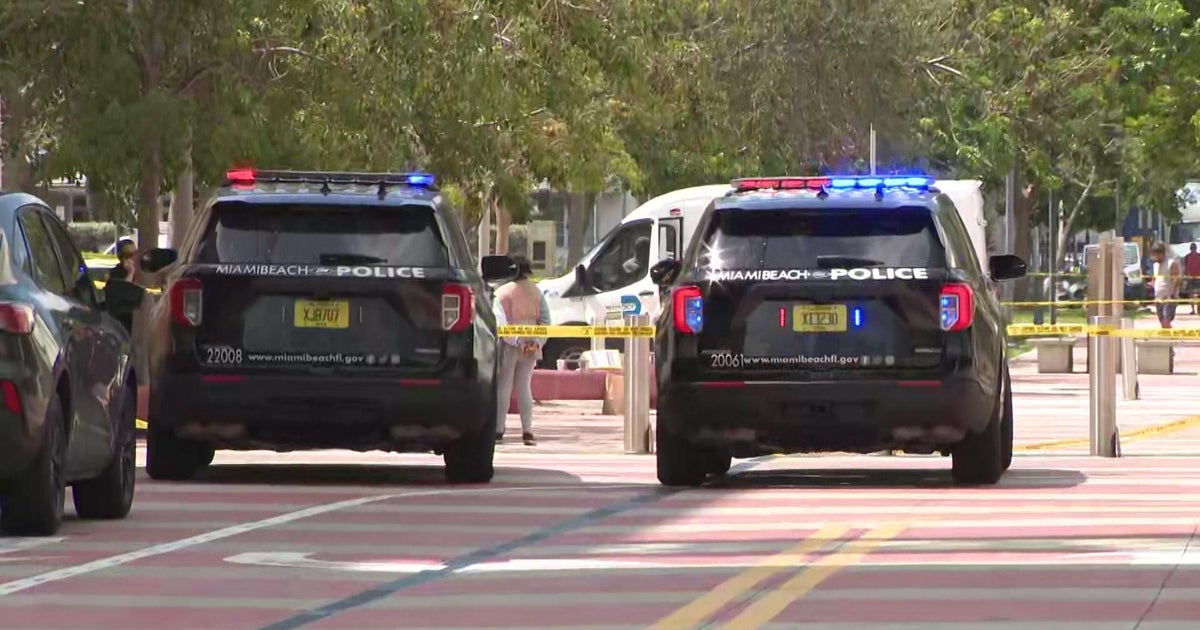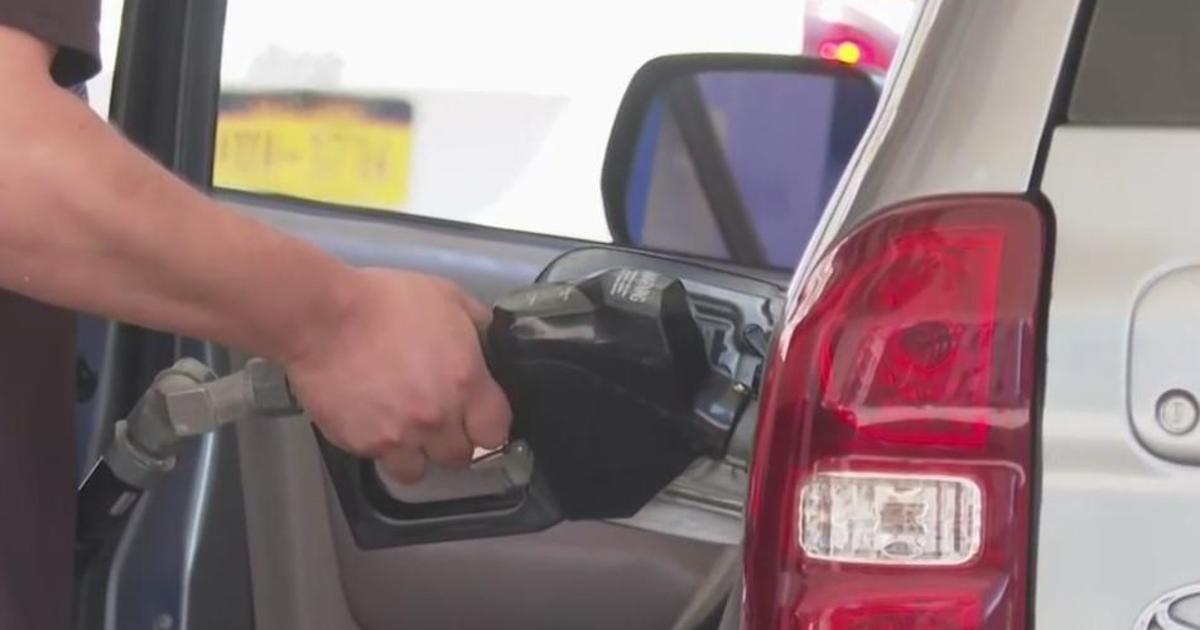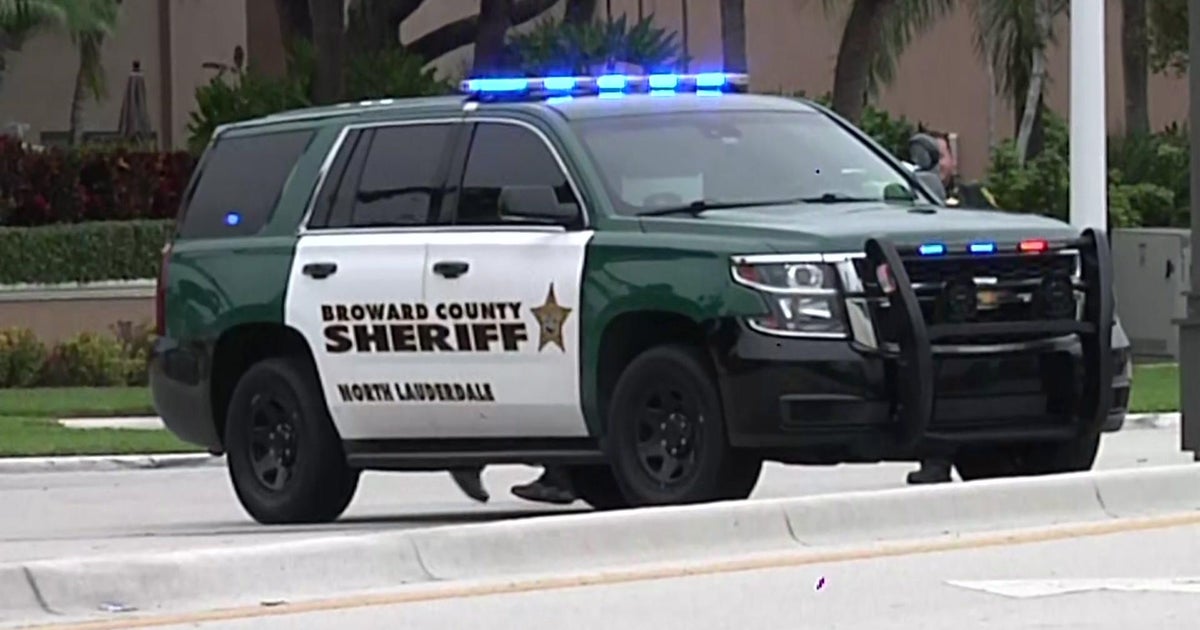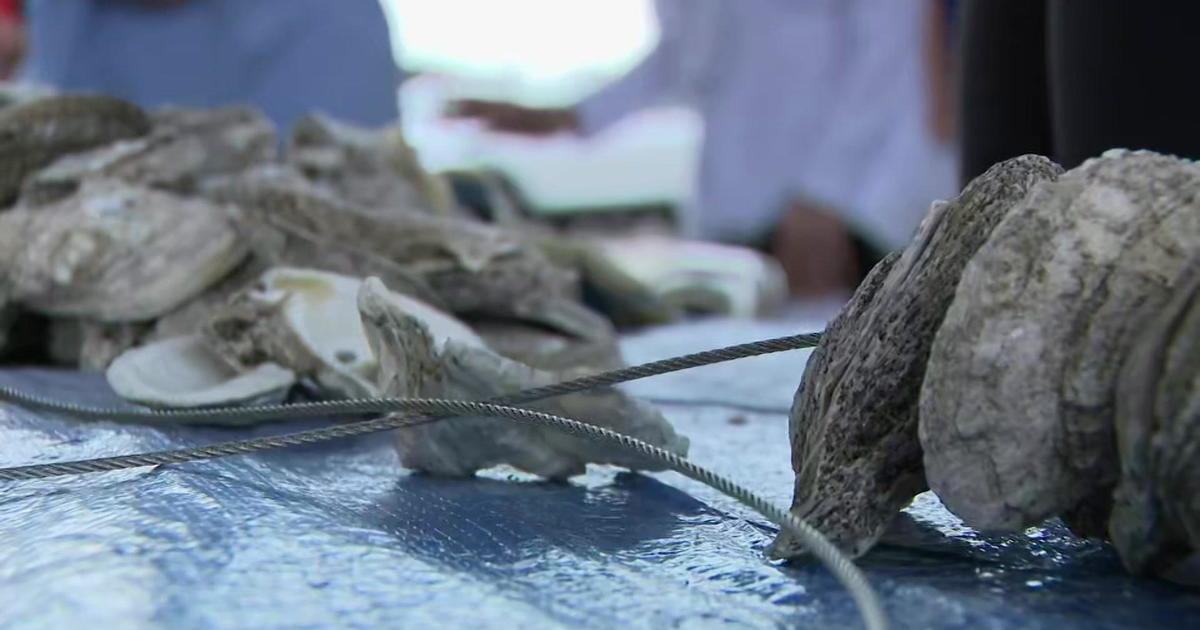Cuba Studying Ways To Allow Residents To Travel Abroad
HAVANA (CBS4) -- Cuba has announced new economic guidelines that may eventually allow residents of the island nation to travel abroad as tourists.
The Communist Party's newly released guidelines say the government will study the possibility of letting Cubans travel abroad as tourists, a long-time promise of Cuba's leaders that has yet to be fulfilled. The guidelines also state Cuba is legalizing the sale of real estate and cars and expanding the ranks of private cooperatives that could serve as engines for the sputtering economy, among other major changes.
But the guidelines give few specifics, meaning islanders will have to wait to see the fine print when the strategy is eventually translated into law by Cuba's National Assembly. The guidelines also establish a commission which is charged with implementing the changes.
The economic overhaul aims to pull Cuba out of a deep fiscal morass by enacting free-market reforms while preserving the Communist system ushered in by Fidel Castro's 1959 revolution. It was approved unanimously last month at a landmark Communist Party Congress, but the final document was not released until Monday.
The 313-point guidelines say the state ought to "establish the buying and selling of homes" for Cuban citizens. There is no mention of how the system will work, what restrictions will be imposed or what taxes might be levied -- all crucial to judging the scope of the changes.
Previously, such details have been released once guidelines are enacted into law and published in the official government gazette.
The framework also says Cubans should be encouraged to form cooperatives which could function as mid-size companies with many employees, a key requirement of any vibrant economy. Currently, such entities only exist in the field of agriculture. The newly released version of the guidelines allows such employee-owned businesses to directly sell products to consumers or business owners, without the state operating as an intermediary.
The cooperatives would also be free to decide how much each worker gets paid -- presumably in relation to their productivity and usefulness.
The guidelines also call for legalizing the sale of cars and other vehicles. They make clear, however, that the state is not yet in a position to sell most Cubans new cars through state-owned businesses.
Still, the change will be welcome by thousands of citizens hoping to trade or upgrade their aging vehicles. Previously, only cars built before the revolution could change hands, meaning thousands of Soviet-made Ladas and Moscoviches, as well as tiny Polskis and other cars used in the former Eastern bloc were frozen in the hands of their owners.
Cubans got around the restrictions by "lending" cars to each other -- with black market brokers helping arrange what were essentially unauthorized sales. Homes were also traded using underground brokers or in complicated swaps involving many parties. Often, money would change hands under the table, despite being illegal.
The guidelines also say the state will convert many public buildings into residential property in an effort to ease severe housing shortages that mean three and sometimes four generations of the same family are squeezed into a few crumbling rooms. Even divorced couples often find it hard to relocate because of the rigid property rules.
Since taking over from his brother in 2008, Cuban Leader Raul Castro has championed a limited but significant shift to the free market. Last year, he announced that Cubans would be allowed to go into business for themselves in 178 approved enterprises, hire employees and rent out cars and homes.
Castro has also promised to fire half a million unnecessary state workers, and has warned his countrymen that the government can no longer afford the deep subsidies it gives workers in return for wages that average $20 a month.
Under Cuba's Marxist system, four in five Cubans work for the government, and the state still controls virtually all means of production.
The guidelines published Monday say cuts in the subsidies will continue so that eventually only those with the most need -- such as children, the sick and the elderly -- receive benefits. Currently, all Cubans receive a basic basket of goods through monthly ration books, as well as free education and health care, and nearly free housing, utilities and transportation.
The changes aim "to compensate needy people and not subsidize products in general," the guidelines say.
They also outline a desire to end a much-loathed policy that requires Cubans to get an exit visa before being allowed to leave the island. The so-called "White Card" is costly and time-consuming for ordinary Cubans, and it can be withheld from key personnel such as doctors, scientists and high-ranking military officials whose defection would hurt the state.
Cuban leaders have expressed a desire to eliminate the practice for years, but have so far failed to follow through.
Other guidelines make clear the government's desire to eliminate Cuba's unusual dual currency system, legalize the sale of construction material at unsubsidized prices, promote the fishing industry and link sugar prices paid to Cuban producers with prices paid on international markets.
(©2011 CBS Local Media, a division of CBS Radio Inc. All rights reserved. This material may not be published, broadcast, rewritten, or redistributed. The Associated Press contributed to this report.)



